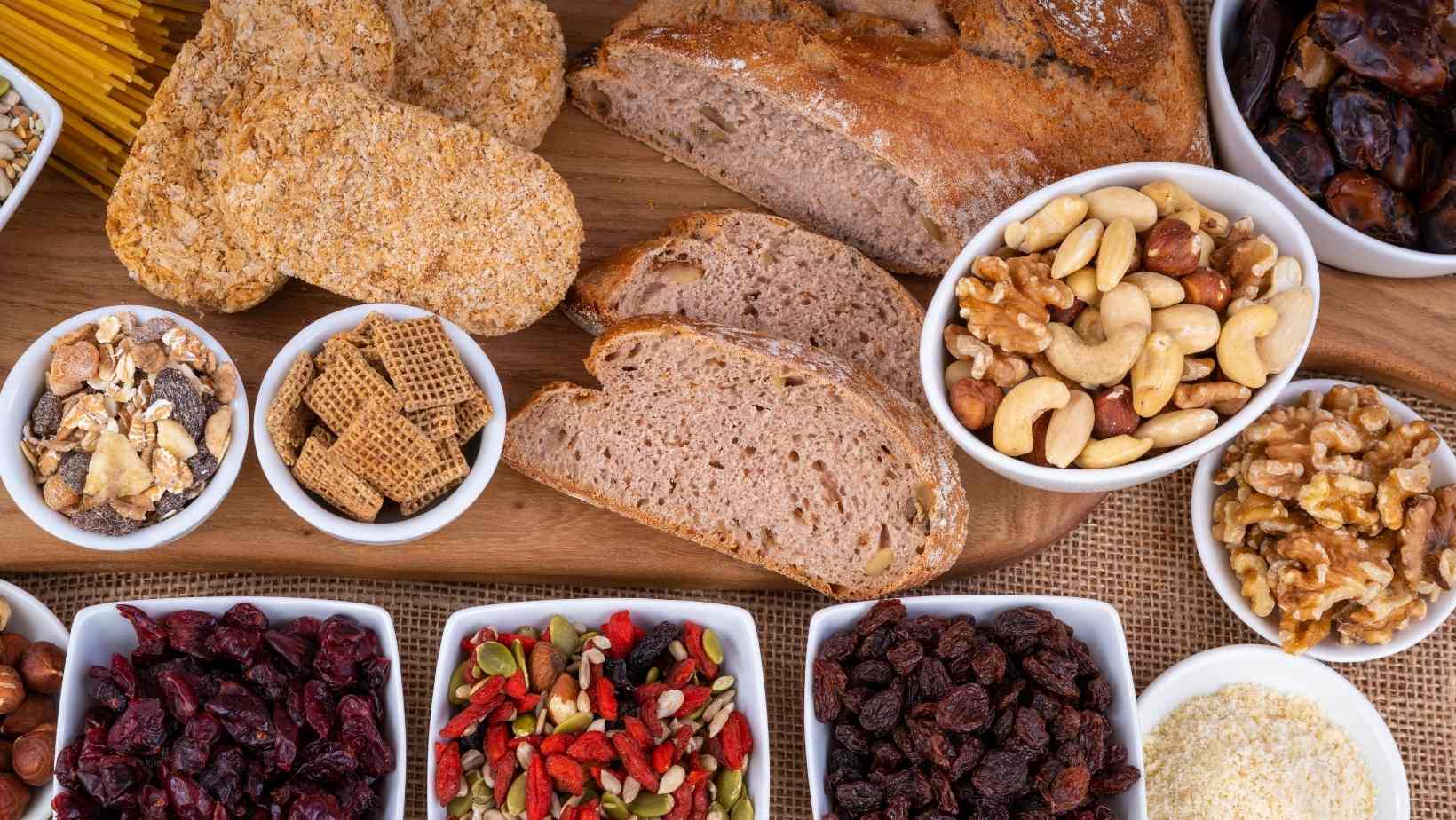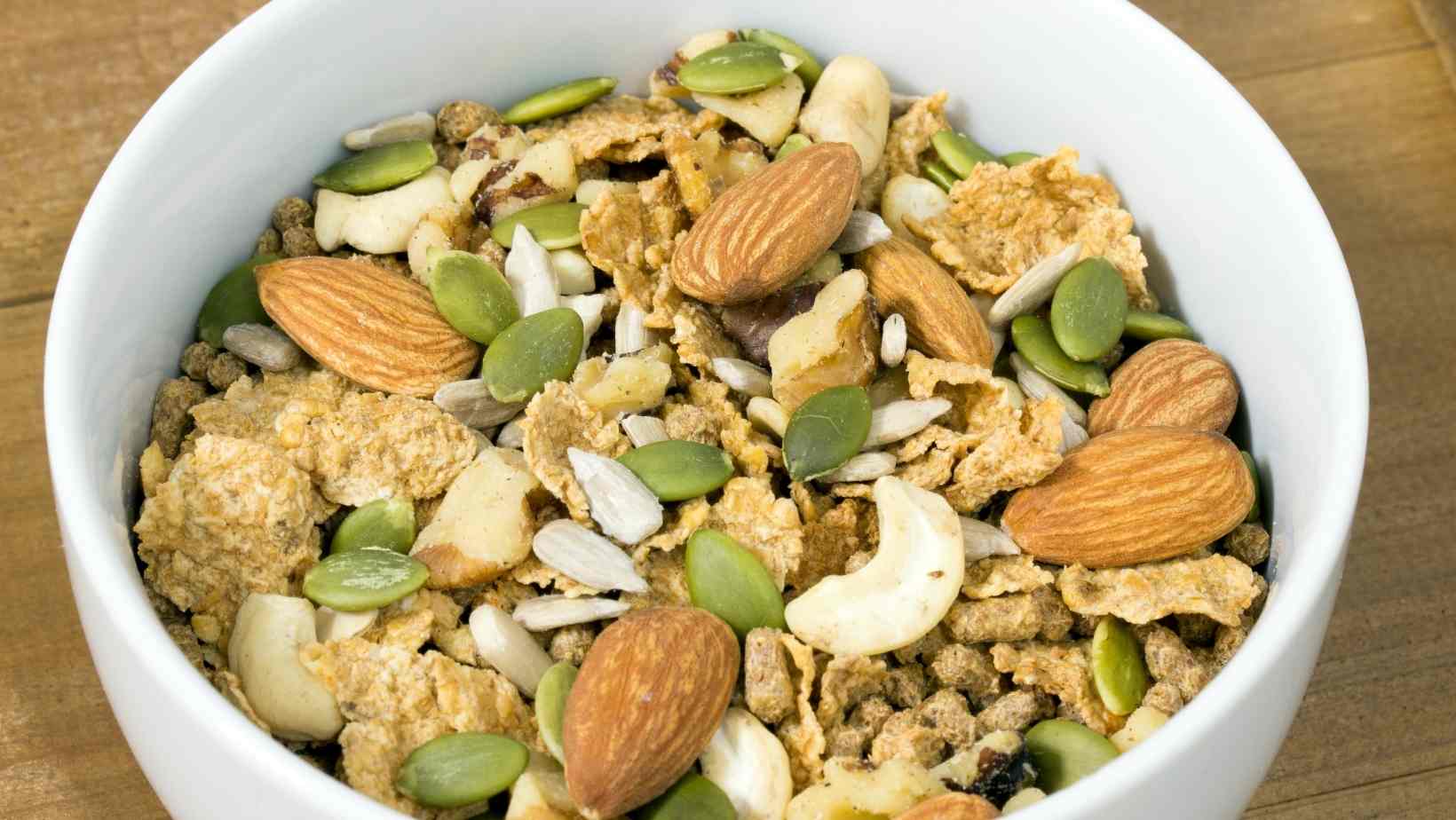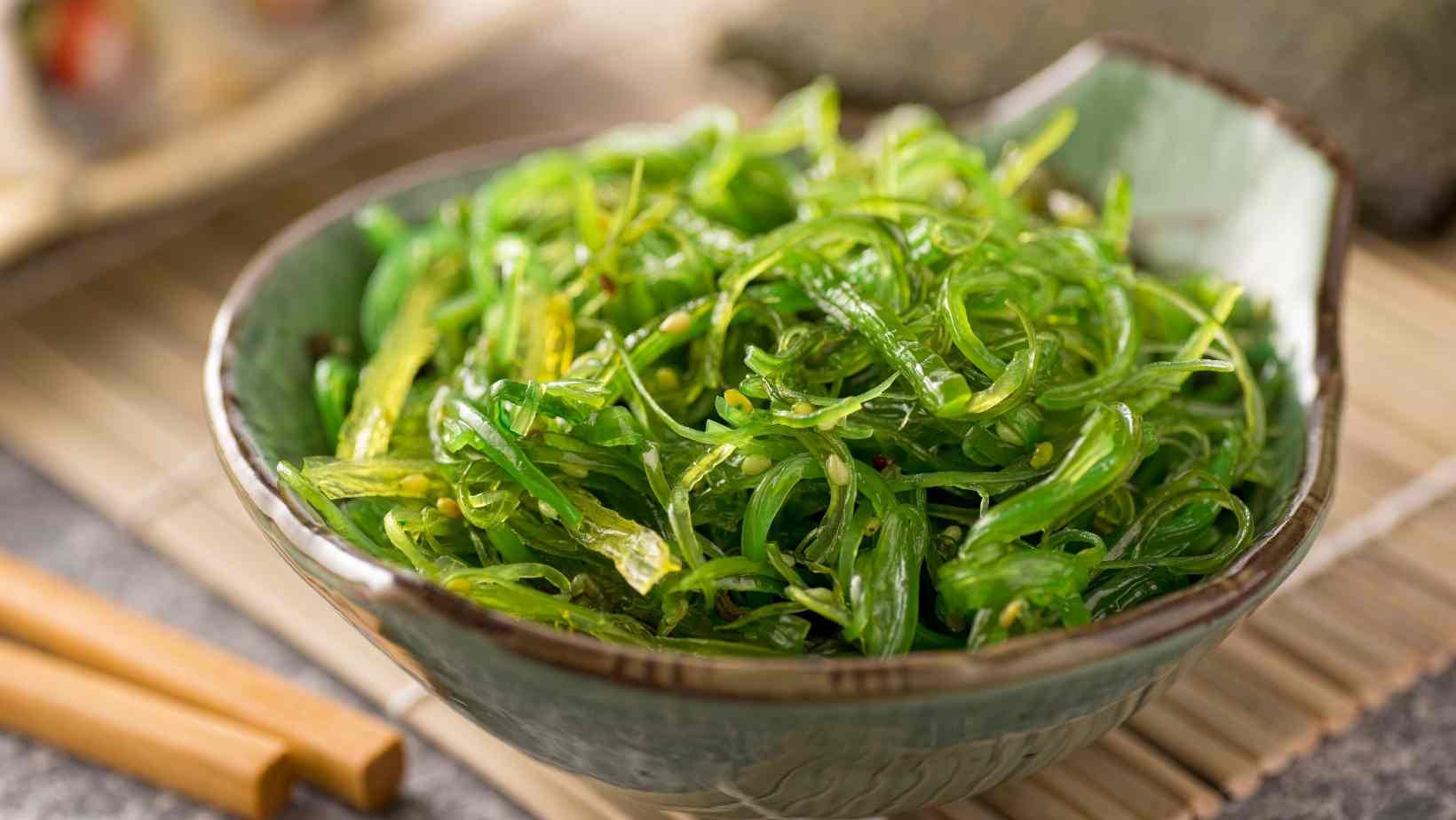The greatest persistent issue for any vegan intending to consume a high-protein diet is ensuring that they acquire their daily intake of essential amino acids. Most vegan meals are low in one or more amino acids, making it difficult to get all of the essential proteins in your diet, which is particularly difficult for athletes who need to maintain their performance. Isoleucine is one of those difficult-to-find amino acids that may be found in plant-based protein sources and is very important for survival.

According to what you will learn later, isoleucine is involved in a range of processes in the human body, including muscle regeneration and blood sugar regulation. As a result, it is a vital component for vegans who want to improve their athletic performance. Let's take a look at why and how you should include isoleucine foods into your vegan diet.
What is Isoleucine and how does it work? What is the significance of this?
Jump to:
Isoleucine has a number of advantages.
Isoleucine is one of the eight necessary amino acids that we've been learning about. It's also a protein-building block. Due to the fact that they are found in practically all sorts of proteins and are particularly vital for recovering energy and mending muscle tears or any other forms of wounds, isoleucine, valine, and leucine are regarded as the top three most important essential amino acids.
The BCAAs, or Branched Chain Amino Acids, is another name for this group of amino acids. Isoleucine is also involved in the formation of several hormones in the body, as well as the maintenance of a healthy immune system at all times.
Isoleucine serves so many different activities that it is no surprise that it is considered to be one of the most vital amino acids to eat by athletes and bodybuilders. Because it is essential for the production of hemoglobin in the body, a deficiency in isoleucine may result in symptoms such as tiredness or even more serious repercussions such as anemia.
Are you aware of how much isoleucine you need every day?
This portion is heavily influenced by your individual body weight and lifestyle - for example, if you are someone who works out often or participates in physically demanding activities such as sports, it is recommended that you consume more isoleucine than the minimum recommended amount in your diet.
However, it is recommended that you consume 19 mg of isoleucine per kilogram of your own body weight on a regular basis. For example, if you're a 70-kilogram typical adult, you'll need to drink 1330 mg of isoleucine per day as a bare minimum to meet your nutritional requirements.
Best Sources of Isoleucine for Vegans
Isoleucine, one of the three branched-chain amino acids, is hard to come by in pure plant-based diets since it is a rare amino acid. As a result, it is important to include isoleucine-rich foods into your vegan diet in a planned manner. We've gathered some of the handiest vegan foods that contain isoleucine for you to try out below.
Jump to:
1. Vegetables and legumes
As a result, legumes are by far the most abundant plant source of isoleucine available for human consumption. This also implies that they have high isoleucine levels - so if you're concerned about your isoleucine consumption, there are various legumes that you can pick from and add into your diet — products produced from soy, beans, tempeh, lentils, and chickpeas are all wonderful options to consider.
2. Seeds and Nuts
There are various nuts and seeds that you can integrate into your vegan diet just as easy to get your fill of the greatest sources of isoleucine without having to resort to the meat or dairy products. Even when consumed uncooked, sunflower seeds are a great source of isoleucine because of their high protein content. Isoleucine may be found in significant concentrations in hemp seeds, pumpkin seeds, peanuts, and almonds.

3. Cereals and Grains
While this may not be the best choice for individuals searching for an entirely fat- and carbohydrate-free way to increase their isoleucine intake, it is still one of the most abundant vegan sources of isoleucine available today. Buckwheat groats, rye grains, and oats are all included in this group.
4. Vegetables and fruits
A few leafy greens and vegetables are regarded as some of the greatest vegan isoleucine meals, with kale and spinach topping the list. In this group are spinach, chard, eggplant, and peas - all of which are excellent choices for anyone wishing to boost their isoleucine intake, and which can be readily included in most cuisines.
5. Seaweed
Seaweed, particularly dried seaweed, has a significant amount of isoleucine and is thus an ideal choice for people who are seeking to reduce their calorie intake while also reducing their carbohydrate intake. Even a single tablespoon of seaweed may provide you with a significant amount of vegan isoleucine, as well as a variety of other amino acids.

6. BCAA Supplement for Vegans
Finally, if you're still concerned about your isoleucine, leucine (check food sources of leucine), and valine (check food sources of valine) intake, you may want to consider adding a vegan BCAA supplement to your daily regimen. A fantastic BCAA supplement to consider is one from Transparent Labs – which not only has the essential BCAAs, but is also high in glutamine and contains coconut water extracts to replenish any electrolytes that may have been lost due to exercise.




